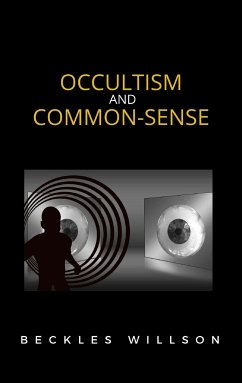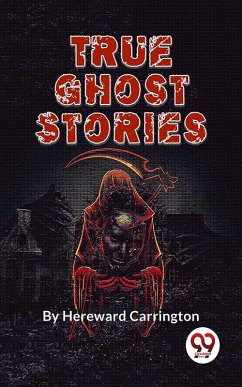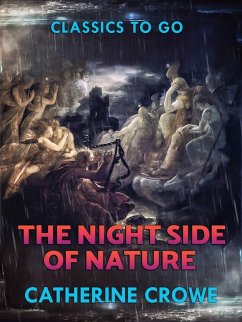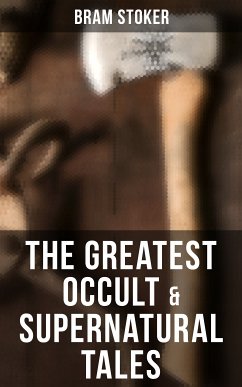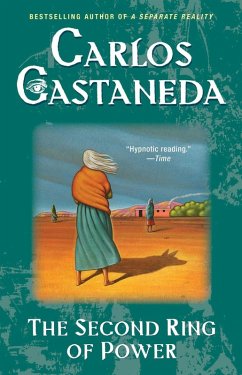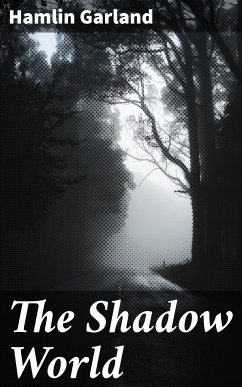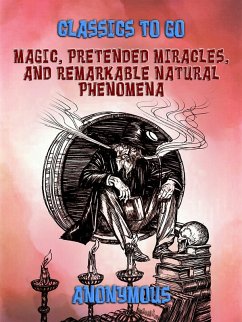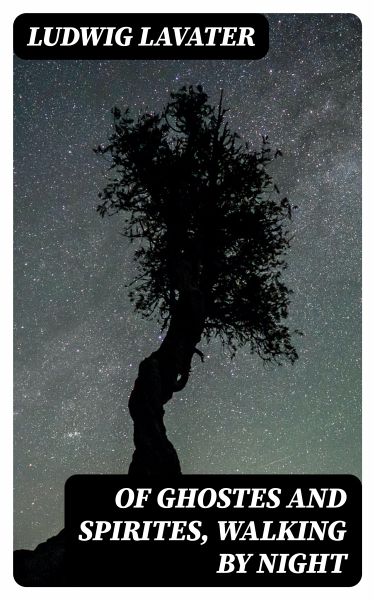
Of Ghostes and Spirites, Walking by Night (eBook, ePUB)
Versandkostenfrei!
Sofort per Download lieferbar
1,99 €
inkl. MwSt.
Weitere Ausgaben:

PAYBACK Punkte
0 °P sammeln!
Ludwig Lavater's 'Of Ghostes and Spirites, Walking by Night' is a seminal work exploring the intersection of superstition, folklore, and early modern thought. Written in the late 16th century, this treatise delves into the beliefs surrounding apparitions and nocturnal spirits, articulating a blend of rational inquiry and vivid narrative style. Lavater employs a distinctive vernacular, reflecting the cultural anxieties of his time while engaging with the burgeoning scientific perspectives emerging during the Renaissance. His meticulous case studies and personal anecdotes provide a rich tapestry...
Ludwig Lavater's 'Of Ghostes and Spirites, Walking by Night' is a seminal work exploring the intersection of superstition, folklore, and early modern thought. Written in the late 16th century, this treatise delves into the beliefs surrounding apparitions and nocturnal spirits, articulating a blend of rational inquiry and vivid narrative style. Lavater employs a distinctive vernacular, reflecting the cultural anxieties of his time while engaging with the burgeoning scientific perspectives emerging during the Renaissance. His meticulous case studies and personal anecdotes provide a rich tapestry of belief, offering insights into the human psyche's relationship with the supernatural. A Swiss theologian and scholar, Lavater was deeply immersed in the spiritual and intellectual currents of his era, which included Reformation ideas and a fascination with magic and the occult. His background in medicine and theology allowed him a unique vantage point from which to investigate the phenomena of ghostly encounters. His work mirrors the tensions of the period, bridging the gap between credulous superstition and the evolving pursuit of empirical knowledge. Recommended for both scholars and general readers alike, 'Of Ghostes and Spirites, Walking by Night' stands as an essential text for those seeking to understand the historical context of supernatural beliefs. Lavater's thorough examination not only captivates but invites critical reflection on how these spectral narratives continue to shape contemporary understanding of the mysterious realms beyond our sight.
Dieser Download kann aus rechtlichen Gründen nur mit Rechnungsadresse in A, B, BG, CY, CZ, D, DK, EW, E, FIN, F, GR, H, IRL, I, LT, L, LR, M, NL, PL, P, R, S, SLO, SK ausgeliefert werden.





